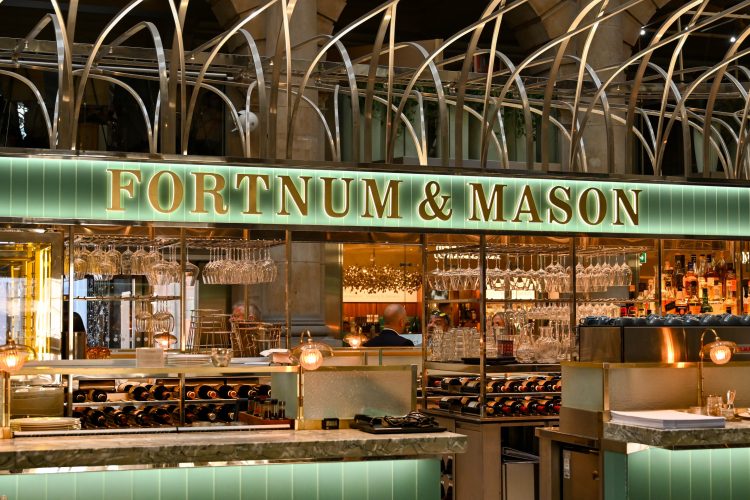World’s first cultivated meat scotch egg debuted
- Like
- Digg
- Del
- Tumblr
- VKontakte
- Buffer
- Love This
- Odnoklassniki
- Meneame
- Blogger
- Amazon
- Yahoo Mail
- Gmail
- AOL
- Newsvine
- HackerNews
- Evernote
- MySpace
- Mail.ru
- Viadeo
- Line
- Comments
- Yummly
- SMS
- Viber
- Telegram
- Subscribe
- Skype
- Facebook Messenger
- Kakao
- LiveJournal
- Yammer
- Edgar
- Fintel
- Mix
- Instapaper
- Copy Link
Posted: 6 February 2024 | Grace Galler | No comments yet
Ivy Farm has collaborated with Fortnum & Mason to recreate the brand’s scotch egg using cultivated beef mince.


Making history, Ivy Farm has teamed up with Fortnum & Mason to create the “world’s first” cultivated meat scotch egg.
Using cultured beef mince, Ivy Farm will be recreating Fortnum & Mason’s famous scotch egg, a savoury treat first made by the company in 1738.
This partnership comes as a “on-off collaboration”, with the lab-grown scotch eggs being created exclusively for the panel discussion in Fortnum & Mason’s Food & Drink Studio regarding the future of meat production in order to highlight the environmental implications of industrial farming.
“The scotch eggs were created for the purposes of the event and there are no plans to sell in the future,” said Fortum & Mason.
Commenting on the “world-first” creation, Fortnum & Mason’s Hatty Cary, Food & Drink Studio Producer, said: “We are thrilled to have had the opportunity to work with Ivy Farm to create the world’s first cultivated meat scotch egg, having launched our original almost 300 years ago.
“Fortnum’s has always embraced innovation, but our recently opened Food & Drink Studio allows us to truly place ourselves at the heart of conversation and discovery. It has been fascinating to examine what the future of meat production might look like by bringing together voices from the world of technology, agriculture and hospitality, and experimenting with such cutting edge science.”
Prior to the panel discussion, pre-selected attendees were able to sample the innovation before listening to food tech companies and traditional agricultural businesses speak.
For those of you wondering about the history of the traditional British dish, Fortum & Mason have said that it originally created it as a meal for travellers heading west from Piccadilly, London in 1738. Not shy of innovation, the brand has said that since then it has “adapted the product in response to financial and logistical challenges”, such as meat shortages during the Second World War, and as well as adjusting over the years meet consumers’ tastes.
“By experimenting with cultivated meat, Fortnum & Mason is innovating once again, exploring ways it could look to reduce the environmental impact of its products in the future,” continued Fortnum & Mason.
Aleph Farms makes history as world’s first cutlivated beef is approved for sale
In order to created the cultured meat scotch egg, Ivy Farm took a cell sample from a farm-raised animal and cultivating it using fermentation tanks at its 18,000 sq. ft. facility in Oxford. Following this, the “meat” was then grown and harvested by the company’s pilot plant.
According to Ivy Farm, the cultivated beef mince has “a healthy nutritional profile and a more sustainable carbon footprint”.
“Fortnum & Mason is an iconic heritage brand in the UK, so to recreate the scotch egg, an equally as iconic British snack, with our cultivated meat is an exciting opportunity to showcase how we can keep eating the nutritious and delicious meat that we love, but made in a different way,” said Emma Lewis, Chief Commercial & Product Officer at Ivy Farm.
“Cultivated meat uses cutting edge technology born out of Oxford University to create the delicious meaty layer of the infamous scotch egg, a staple snack enjoyed in picnics and pubs all over Britain. Once we have scaled up, collaborations and partnerships like this will be pivotal as we look to introduce consumers to cultivated meat products on a wider scale, building acceptance in their quality and taste, and an understanding of the environmental benefits they can provide,” concluded Lewis.







